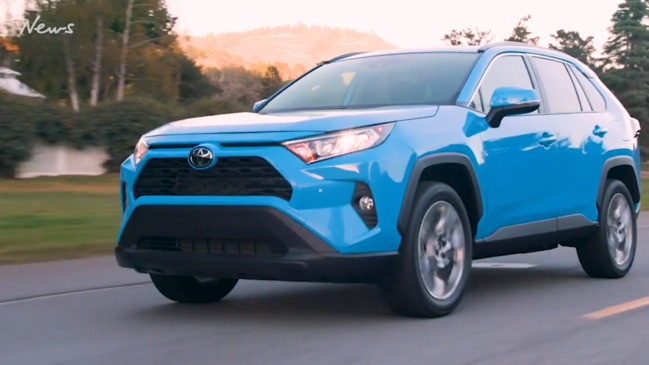In today’s world, where comfort and energy efficiency are paramount, choosing the perfect HVAC (Heating, Ventilation, and Air Conditioning) system for your home is a critical decision. At [Your Company Name], we understand the importance of making an informed choice. This comprehensive guide aims to provide you with the essential information needed to select the best HVAC system that suits your needs.
Understanding HVAC Systems
What is an HVAC System?
An HVAC system is a complex assembly that provides heating, cooling, and ventilation to your home. It ensures indoor air quality and thermal comfort through the regulation of temperature and humidity. The main components of an HVAC system include:
- Heating Unit: Often a furnace or heat pump, responsible for warming your home during cold months.
- Cooling Unit: Typically an air conditioner or heat pump, which cools your home during warmer months.
- Ventilation: A network of ducts that distribute conditioned air throughout your home.
Key Factors to Consider When Choosing an HVAC System
Home Size and Layout
The size and layout of your home significantly impact the type of HVAC system you need. Proper sizing ensures optimal efficiency and performance. A system that’s too small won’t adequately heat or cool your home, while an oversized system can lead to inefficiencies and increased energy costs.
Climate and Weather Conditions
Your local climate plays a crucial role in selecting an HVAC system. For instance, in regions with extreme temperatures, a heat pump might be ideal due to its ability to provide both heating and cooling efficiently. Conversely, areas with moderate climates might benefit from a split system that offers precise temperature control.
Energy Efficiency
Energy efficiency is a key consideration for any homeowner. Look for systems with high SEER (Seasonal Energy Efficiency Ratio) ratings for cooling and AFUE (Annual Fuel Utilization Efficiency) ratings for heating. These ratings indicate the system’s efficiency in converting energy into heating or cooling, helping you save on utility bills while reducing your carbon footprint.
Types of HVAC Systems
Split Systems
Split systems are the most common type of HVAC system, comprising an outdoor unit (air conditioner or heat pump) and an indoor unit (furnace or air handler). These systems are 7 Mobile App Development known for their efficiency and effectiveness in maintaining indoor comfort.
Packaged Systems
Packaged systems combine all components into a single unit, typically installed outside the home or on the roof. These systems are ideal for homes with limited indoor space and are known for their ease of installation and maintenance.
Ductless Mini-Split Systems
Ductless mini-split systems are perfect for homes without existing ductwork. They consist of an outdoor unit and one or more indoor units, providing zoned heating and cooling. These systems offer flexibility and efficiency, making them a popular choice for retrofitting older homes.
Heat Pumps
Heat pumps are versatile systems that provide both heating and cooling by transferring heat between the indoors and outdoors. They are highly efficient and environmentally friendly, making them an excellent choice for mild to moderate climates.
Advanced Features and Technology
Smart Thermostats
Modern HVAC systems often come with smart thermostats that allow you to control your system remotely via smartphone apps. These thermostats learn your preferences over time, optimizing energy usage and enhancing comfort.
Zoning Systems
Zoning systems divide your home into different zones, each with its own thermostat. This allows for precise temperature control in different areas of your home, improving comfort and reducing energy waste.
Air Quality Enhancements
Consider HVAC systems with built-in air quality features such as air purifiers, humidifiers, and dehumidifiers. These enhancements help maintain a healthy indoor environment by removing contaminants and controlling humidity levels.
Installation and Maintenance
Professional Installation
Proper installation is critical for the performance and longevity of your HVAC system. Always hire a licensed and experienced HVAC contractor to ensure your system is installed according to manufacturer specifications and local building codes.
Regular Maintenance
Routine maintenance is essential to keep your HVAC system running smoothly. Schedule annual inspections and tune-ups to address minor issues before they become major problems. Regular maintenance includes cleaning or replacing filters, checking refrigerant levels, and inspecting electrical components.
Cost Considerations
Initial Investment
The initial cost of an HVAC system can vary widely based on smart watch in UAE the type, size, and features of the system. While high-efficiency systems may have a higher upfront cost, they often result in significant savings on energy bills over time.
Long-Term Savings
Investing in an energy-efficient HVAC system can lead to substantial long-term savings. Consider the total cost of ownership, which includes installation, maintenance, and operating costs. Energy-efficient systems typically have lower operating costs and can qualify for rebates and incentives, further reducing your overall expenses.



